
Brought To You By SeoSamba . . . Comprehensive, High Performing Marketing Solutions For Mature And Emerging Franchise Brands . . . To Supercharge Your Franchise Marketing, Go To SeoSamba.com.
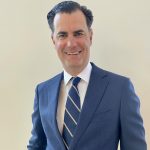 Matthew Haller is President & CEO for the International Franchise Association.
Matthew Haller is President & CEO for the International Franchise Association.
Matt has been a key member of the IFA team for 10 years, building extensive relationships with all three segments of the IFA membership: franchisors, franchisees & suppliers. During that time, he has held a number of roles including Communications Director, Vice President of Public Affairs, Chief of Staff to the CEO and Senior Vice President, Public Affairs. In 2017, he was promoted to Senior Vice President, Government Relations and Public Affairs: the leadership role he has held until today.
During his tenure leading IFA’s advocacy strategy, Matt expanded the association’s lobbying, coalition building, grassroots, research and communications capabilities and took on some of our more difficult challenges, including defending the business model against the joint employer threat and significant legislative and regulatory issues at the federal, state & local levels. During the pandemic, he led the team’s focus on helping the franchise business model survive, ensuring the Paycheck Protection Program and other relief efforts included eligibility for franchise businesses, while working with the internal team to innovate how to provide IFA members real value for their membership in the association.
Prior to joining IFA in October 2010, Matthew was director of industry relations at the Pharmaceutical Care Management Association, where he developed PCMA’s member and affiliate initiatives surrounding key industry issues. Previously, he served as manager of political affairs at the U.S. Chamber of Commerce, where he managed the Chamber’s $20 million budget for political and issue advocacy campaigns during the 2004 and 2006 election cycles. Matthew has also held positions as legislative assistant for UPS Corporate Public Affairs and as a director of public affairs at Levick Strategic Communications, LLC.
Matthew received a bachelors degree in Political Science from North Carolina State University in Raleigh, NC. He resides in Washington, D.C.
Connect with Matthew on LinkedIn and follow IFA on Facebook.
What You’ll Learn In This Episode
- The mission of the International Franchise Association (IFA) and how the organization serves the franchising sector
- How the franchising sector evolved
- The most important legislative issues facing the franchising sector today
- Important trends or insights for the franchising sector
- Who should join the IFA and what they should expect to gain from membership
- How listeners can get involved with and follow the IFA
This transcript is machine transcribed by Sonix.
TRANSCRIPT
Intro: [00:00:07] Welcome to Franchise Marketing Radio, brought to you by SeoSamba Comprehensive, high performing marketing solutions for mature and emerging franchise brands to supercharge your franchise marketing. Go to SeoSamba.com. That’s SeoSamba.com.
Lee Kantor: [00:00:32] Lee Kantor here, another episode of Franchise Marketing Radio, and this is going to be a fun one today on the show, we have Matthew Haller and he is with the International Franchise Association. Welcome, Matt
Matthew Haller: [00:00:44] Hi Lee. Good to be with you. How’s it going today?
Lee Kantor: [00:00:46] It is going great. I am so excited to be talking to you for the folks who aren’t familiar. Can you tell us a little bit about the IFA? How are you serving, folks?
Matthew Haller: [00:00:54] Yeah. So IFA is a trade association. We’re based in Washington, DC. We’ve been around for sixty five years and franchising was getting off the ground when IFA became an entity and we were created by some of the sort of godfathers of franchising as a way to create a regulatory infrastructure that made sense so that brands at that time Dunkin Donuts, McDonald’s, Midas, you know, could could grow using the franchise business model and do so the right way and then to teach new concepts as the business model was just coming into its infancy. How to do franchising the right way so that occurs through advocacy, it occurs through education, and it occurs through networking and relationships, through events and programing that I have puts on. So we’ve been doing this for sixty five years. We have eleven hundred brands who are members of our organization, everybody from the largest franchise systems on the globe to somebody that’s just got a new concept and wants to figure out how to become the next big thing. And everybody in between. We also have hundreds of thousands of individual owners who are members of the IFA in every community around the country and around the globe, and then around six hundred supplier member companies that serve franchising in areas of from technology to marketing to law and elsewhere. So that’s who we are, what we do, and we’re here to make franchising good as it evolves and help our members solve challenges.
Lee Kantor: [00:02:29] Now you mentioned that your organization serves the entire ecosystem in and around franchising, not just the franchise stores, but also the franchisees and the suppliers. What do you do to kind of help each of those constituents? Because while they’re all complementary, they each have their own kind of needs and desires?
Matthew Haller: [00:02:50] Yeah, it’s it’s a unique challenge, but franchising only works when you have all three legs stools, I like to say, going in the same direction. So for franchise owners, you know, it depends on the size of the system. So if you’re a smaller emerging franchise or you want to learn about how to grow, how to make the right choices about which franchisees to bring into your system. So we do that through mentorship. We do that through a program that we have called Certified Franchise Executive Program, a sort of training program that teaches people about franchising for a founder or a small company with building out an executive team. You know, we do it through events. So we had an emerging franchise or conference that wrapped up in New Orleans. Two hundred people attending, networking and learning different areas of developing a franchise system. So that’s kind of on the small side of the franchise or universe on the big side. The large systems, they mostly are with us for advocacy. They’re established. They they by and large know how to do franchise and kind of do it the right way. And they want us to protect the business model, a bit of promotion of the business model to their in terms of educating the public and stakeholders about why franchising is a force for good. Now everybody is kind of coming to Iorfa also to think about industry trends. You know how they’re benchmarking your franchise or system against others in your category. Either you are the sector that you’re in or by system size, as well as just broader economic trends and how they apply to franchising, whether it’s challenges and the supply chain right now, challenges with the labor labor force recruitment and filling filling jobs at franchisee locations or at the franchise or side.
Matthew Haller: [00:04:46] So that’s that’s a bit of a sketch on the franchise side for suppliers. I mean, at the end of the day, we’re here to help suppliers connect with brands and franchisees as potential clients and many suppliers are. Also, experts have been on the franchise or the franchisees side. So we want to elevate those who really know and understand franchising in various ways of thought leadership. So through publications that we produce or speaking at IFA events or hosting webinars, white papers, things like that. And then for franchisees, our value proposition is is a couple of fold for larger, more sophisticated multi-unit franchisees who are interested in continuing to diversify. You know, it’s a networking and deal making opportunity. You’re learning and making contacts with executives and franchise systems, and that can be valuable as they think about adding new franchisees to their system. You know, a lot of it is also on advocacy, getting franchisees, telling their stories to policymakers and as the individuals who are really in the crosshairs with with government in a lot of ways operating at the local level. And and also as as speakers and thought leaders around with our events. So we always try to put a franchisee perspective on everything that we’re doing because our mission is to protect, promote and enhance franchising. Not just franchisees or it’s not just franchisees, it’s the business model. So a bit of a thumbnail sketch now.
Lee Kantor: [00:06:24] How has in the years that you’ve been with the organization and been involved in franchising, how have you kind of seen the industry evolve? You mentioned, like, you know, at the beginning, there was a handful of pretty large players today, and at least in today’s lens, maybe at the time they weren’t as large. But how has kind of the franchise business changed over the years?
Matthew Haller: [00:06:48] Well, I think the different types of businesses that are using the business model just continues to amaze me. I’ve been with the organization 10 years and. You know, you come into franchising, you think about franchising is restaurants, maybe hotels, maybe a little bit of retail, but you know, the diversification of concepts and sectors that are using franchising as a growth strategy continues to amaze me. One of the newer trends is is the use of platform companies and providing shared services to multiple brands and also the increased involvement of private equity in the franchise sector in the impact that can have in many ways as a force for good. But again, only if if as a new leg of the stool, so to speak, understands how to do franchising the right way without taking too many costs out of the system to provide that infrastructure and that support for the brand and franchisees so that everybody can fulfill their promise through the franchise relationship.
Lee Kantor: [00:07:58] Now I’ve been doing this show for maybe a couple of years now, and I’ve seen something that I’m calling like the professional franchisee, where they’re kind of building a portfolio of brands that are complementary to one group. And are you seeing that as kind of a way that is spurring growth for franchises?
Matthew Haller: [00:08:20] I am, and I touched on that a little bit in terms of the multi-unit multi concept owner in our franchisee membership base. And you know, we’re seeing it both in people who are or sometimes groups of individuals that are putting together a fund and owning multiple locations or brands sometimes operated within the same portfolio company. And then other times where they are going outside that industry. So, you know. Maybe you have all restaurants in one model, but others are looking at non-food retail and service as as other ways to diversify. But at the end of the day, you understand what what drives a good franchise system and its good unit economics at the franchisee level and good steady growth at the at the franchisor level, with the right leadership team providing that that infrastructure and not something that’s overly kind of, you know, a passing moment kind of trend. So I think that’s where we see a lot of really more sophisticated operators and investors coming into the franchise East Side now.
Lee Kantor: [00:09:38] So that is that’s a trend that you’re seeing as well, whereas maybe at the beginning of the growth of franchising, it was that individual who’s like, I want to have this kind of a place in my town. And now it’s more sophisticated groups of people that
Matthew Haller: [00:09:53] Are, I mean, I wouldn’t. Yes, we are definitely seeing more of the more more larger, more sophisticated, more well-capitalized franchisees. I don’t. I don’t. It’s not. It’s not a rule. It’s not across every brand. Some brands are still very focused on onesie twosies, and that can work for certain concepts. But I think on balance, we’re seeing a greater trend towards consolidation at both the brand, franchise or side, as well as the franchisee side.
Lee Kantor: [00:10:25] Now, when that kind of level of sophistication enters into an industry like this, this is where I would think then that the value of the advocacy and the government relations of what your work is becomes that much more important. How has that impacted your work on that side?
Matthew Haller: [00:10:45] Yeah. Certainly, the more sophisticated a franchisee, the more they care about the work that we do to protect franchising. On Capitol Hill or in states or city halls. So it impacts it. But I will. There’s a there’s a there’s a negative component to it as well, which creates a challenge because you’ve got this perception that has been real and is somewhat eroding over time. That franchising is this individual mom and pop person in a community. And you know, that’s not always the case. It is the case in many cases, still. But as I said before, franchising is not just small business, it’s small, medium and large businesses. All, I think, doing good things for the economy and for in most cases, the workforce. But it is not. You can’t pay franchising with one broad brush,
Lee Kantor: [00:11:48] I guess, is what I’m saying. Right. But but also it’s inclusive and there is a place for everybody.
Matthew Haller: [00:11:53] Correct. That is correct. It’s still at the end of the day, a way for somebody who isn’t going to develop a new concept or start their own. Lee’s coffee shop gives them a pathway to build wealth and start a business. You know, we like to say you go into business for yourself and not by yourself and franchising. And if if that’s something that you want to do at any stage in your career from any walk of life, franchising, you know, creates that opportunity. It’s just a matter of finding the right concepts that fit with the right capitalization, the right growth strategy.
Lee Kantor: [00:12:26] Now is there anything from a legislative standpoint that is kind of in your front burner right now?
Matthew Haller: [00:12:34] Yeah, there’s a couple of things that I think is worth flagging for the audience. I mean, the number one threat to the franchise business model has been this expansion of what’s known as joint employer liability. And that’s still out there. It’s it’s less of a legislative threat in terms of Capitol Hill going in that direction. But on the regulatory side, we do expect to see some changes in twenty twenty two in that area and that will have an impact on the way franchise owners and franchisees are able to interact. I think something that’s been a little bit below this radar is a more activist. Federal Trade Commission in the new FTC chair has mentioned that the franchise sector is one of her top three priorities for additional regulation. We query whether this is there’s really something that she’s trying to solve here, as well as if the FTC even has the authority to do what she seems interested in doing, which is getting more at the franchise relationship less, you know, efforts to improve the sales and disclosure process, which we would actually be very supportive of. And then at the state level in California, which, you know, tends to be one of the more aggressive states in terms of. Regulations on all types of businesses that that state is is going down the pathway of pursuing a fairly aggressive franchise bill focused only on the restaurant sector that would create a wage board effectively a wage and benefits board established by the governor’s office so it would effectively serve as a labor union for workers in any quick service restaurant franchise with 30 or more locations nationwide. And it would also require brands to operate using a franchise model to be jointly liable or violations of labor law with franchisees. So it’s a pretty aggressive proposal, one that we stopped in twenty twenty one in the California Assembly, but it’s coming back with a vengeance in 2020 to.
Lee Kantor: [00:14:56] Now, from a membership standpoint, I know you serve all those constituents, is this something that you’re actively looking for members in each of those constituents or is it primarily focused on the franchise or franchisee? You mentioned the three legs of the stool, but is this something that everybody that touches franchising should be a member of this? Because number one, you’re doing all this work with advocacy and legislation that’s going to keep them in business. But also this is where a lot of the connections and learning takes place.
Matthew Haller: [00:15:30] Yeah, both of both our reasons why appear in franchising and you’re not an IFA member. I think that it’s really something that you ought to take a look at. We are actively recruiting. We have a whole sales and marketing team that’s out promoting what we’re doing. You’re getting the benefit for it. But this is about supporting something that helps support your business model. And for a rather modest investment, dividends pay off tremendously. Not to mention, it can also help you grow whether you’re a franchise or franchisee your supplier and establish new connections. So I really encourage people who aren’t aware of IFA to check out our website and some of our work at franchise org, as well as think about attending our IFA convention, which is coming up at the end of February in San Diego. We’ll have over 4000 people there from all three categories of our membership. We’re about to announce a few of our keynote speakers next week right before the holidays. We’re excited about some of that coming online and bringing the industry back together. And for first time IFA members, you actually get a free convention registration. So in effect, you know it pays for itself year one. But we are fairly confident that once you drink the Kool-Aid, you’re going to be back for more the year after that and over the long term. Now it’s a go ahead.
Lee Kantor: [00:16:47] No, I’m sorry. Go ahead, finish.
Matthew Haller: [00:16:49] No, I to say it’s a it’s a great organization. When I’ve been a part of for 10 years and never really does a lot of good for the franchise.
Lee Kantor: [00:16:57] Now a lot of our listeners are thinking about franchising and thinking about, you know, going this path. So they’re checking out a lot of the franchise laws that we have as guests here. One of the things one of the places to look for franchise is your website, right? Like there you have a listing of franchises on the website.
Matthew Haller: [00:17:18] We do so any of our member brands can can list their franchise offering on the website, and we have a portal that we funnel leads back to our franchise members. And you know, it’s not it’s not a top reason why people come to IFA, but it is one of the things that we do on behalf of our members. There are lots of other IFA members and others in the franchise community that have very active portals. I think for us, what we’re more focused on is educating the public and prospective franchisees with good quality information about how to make a healthy decision in their franchise journey. And, you know, we don’t necessarily want everybody in franchising. The last thing that a brand wants is somebody that doesn’t understand all of the obligations that come with being a franchisee to get into the system. And so that due diligence process, we strongly believe that we’re a good site that offers healthy and good information from an unbiased perspective about how to make a good decision about is franchising right for me? And then if I cross that threshold, what are some of the brands? Certainly, brands that are involved with the IFA are more well established or working through our education and and learning from the best about how to be good, good franchise owners.
Lee Kantor: [00:18:46] Right. I agree 100 percent. I guess if I’m considering buying a franchise, I would rather go to Franchise Dawg and get my information from you before I go into one of these businesses who are in the business of selling me franchises like You’re You’re kind of advocating for franchises, but you’re kind of a trusted source for all kinds of information in and around it. So I’d rather start with you and then find the right path for me. But you have all the information I need. You talk about how to get funding. Do you talk about, you know, the the types of franchises that are out there, you know, even the basics of what is a franchise or what is an FD? I mean, this is a great place to begin your journey.
Matthew Haller: [00:19:28] Yeah, I mean, there’s a difference between a dot org and a dot com, right? We’re not a for profit entity. We are a nonprofit organization that’s advocating for for the franchise business model and can be a bit more of a white hat as people search out different information about franchise opportunities and different brands. And we certainly believe strongly that if a brand is willing to make an investment in IFA as a. Dues paying member, they’re doing it because they want to do franchising the right way. And so finding brands that are affiliated with an organization, I think helps a prospective franchisee identify those those companies that are doing it at a level above others that may not be involved in our organization.
Lee Kantor: [00:20:16] Well, Matt, thank you so much for sharing your story today. One more time, the website,
Matthew Haller: [00:20:21] Its franchise morgue. And you can check out our membership area. You can check out our events with our convention coming up in February. And some of the work that we do to protect franchising through government relations.
Lee Kantor: [00:20:33] All right. Well, thank you again for sharing your story. You’re doing important work and we appreciate you. Thank you, Lee. All right, this is Lee Kantor. We’ll see you all next time on Franchise Marketing Radio.

 Ever since she can remember, Sara Webb has been a juggler. Juggling activities, career, family, friends, and volunteering. Sara has learned through all of this juggling that she can do it herself. But it’s far easier (not to mention more fun) to juggle with a partner.
Ever since she can remember, Sara Webb has been a juggler. Juggling activities, career, family, friends, and volunteering. Sara has learned through all of this juggling that she can do it herself. But it’s far easier (not to mention more fun) to juggle with a partner.

 Her background is International Public relations and marketing. Anuradha Rathore with Moonshot Collective started her career as a marketing consultant, moved on to branding and business development.
Her background is International Public relations and marketing. Anuradha Rathore with Moonshot Collective started her career as a marketing consultant, moved on to branding and business development.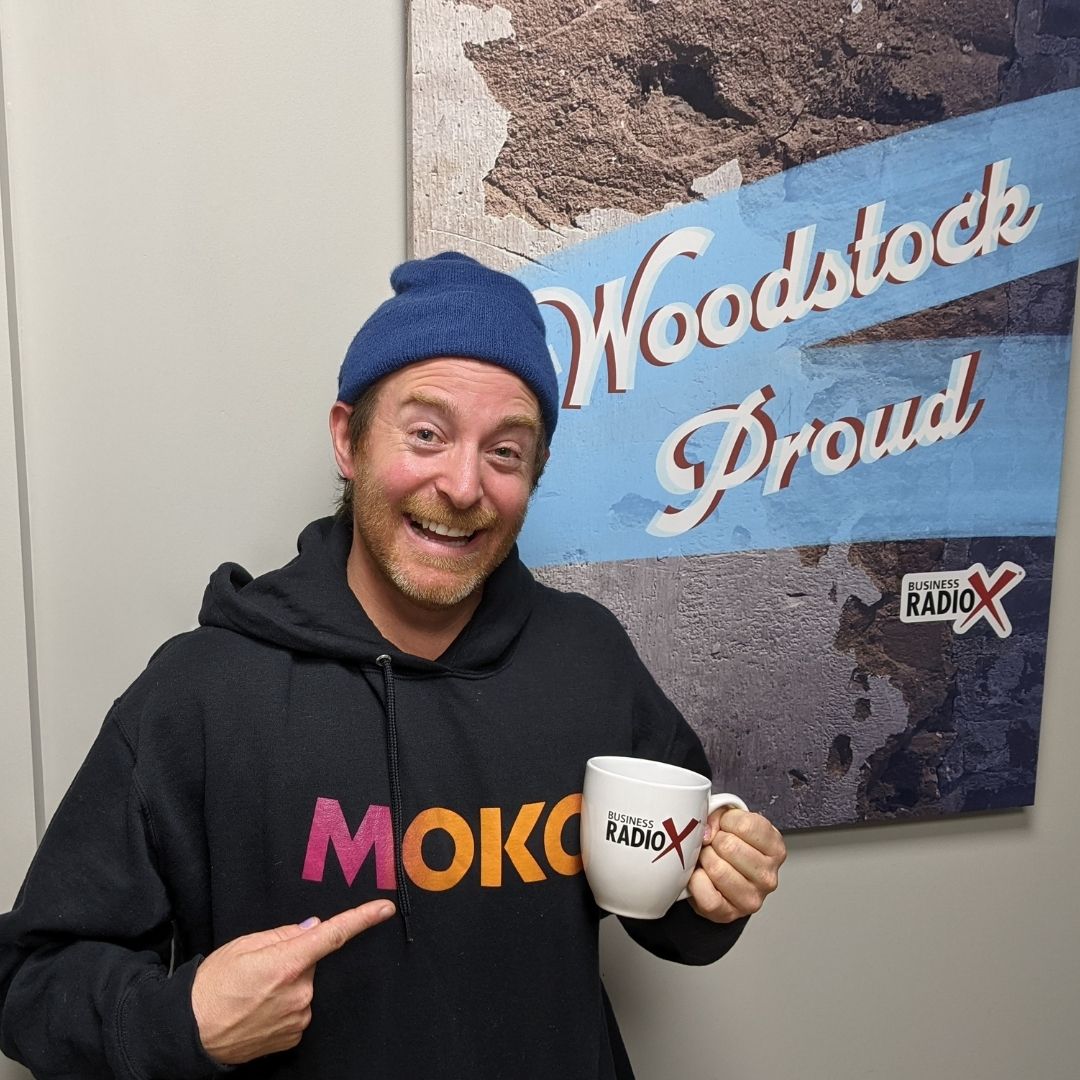
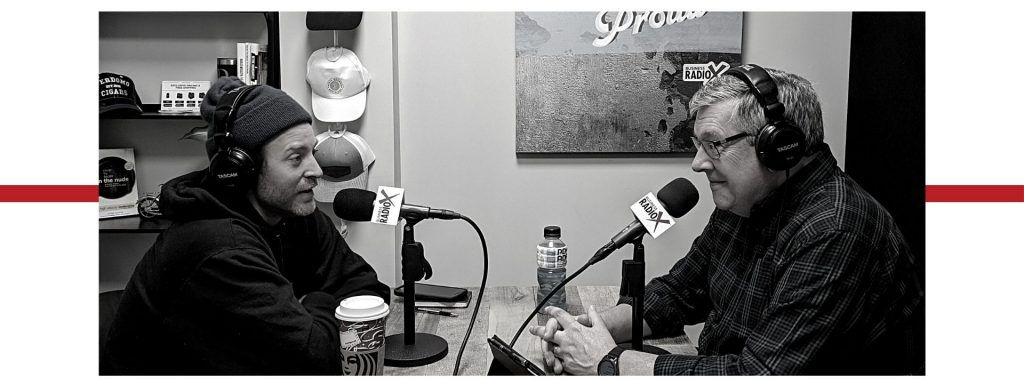
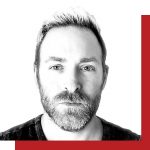 Thomas Cantley is the CEO and Founder of Stream MOKO, a brand-new, innovative streaming platform focused entirely on positivity. It includes uplifting and inspiring content as well as original shows designed to help viewers live their best lives.
Thomas Cantley is the CEO and Founder of Stream MOKO, a brand-new, innovative streaming platform focused entirely on positivity. It includes uplifting and inspiring content as well as original shows designed to help viewers live their best lives.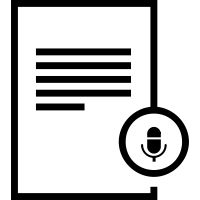 This transcript is machine transcribed by
This transcript is machine transcribed by 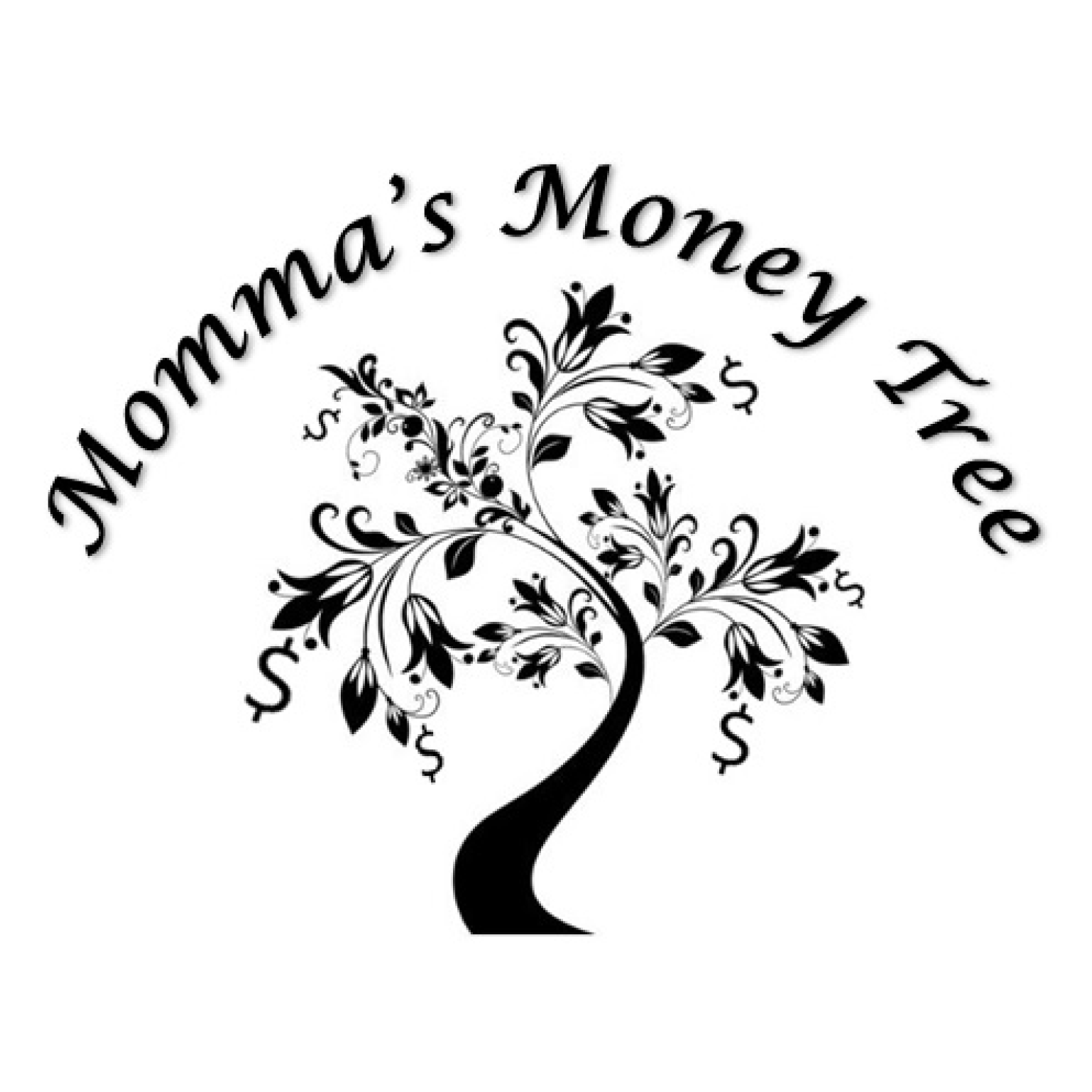
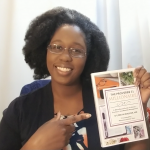 D’Loreyn Walker, MD is a wife, mother, and retired General and Child-Adolescent Psychiatrist. In 2012, she asked God to show her His plans for her business. He responded with an in-depth introduction to biblical entrepreneurship, money management, community service, and wealth stewardship.
D’Loreyn Walker, MD is a wife, mother, and retired General and Child-Adolescent Psychiatrist. In 2012, she asked God to show her His plans for her business. He responded with an in-depth introduction to biblical entrepreneurship, money management, community service, and wealth stewardship.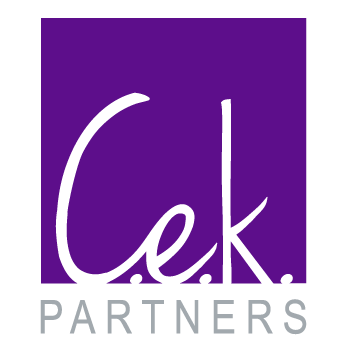
 In 2008, Carolyn Kopf had been around the world—NYC, Boston, Madrid and Tokyo—working at top global agencies like Young & Rubicam, Arnold Communications, and Euro RSCG.
In 2008, Carolyn Kopf had been around the world—NYC, Boston, Madrid and Tokyo—working at top global agencies like Young & Rubicam, Arnold Communications, and Euro RSCG.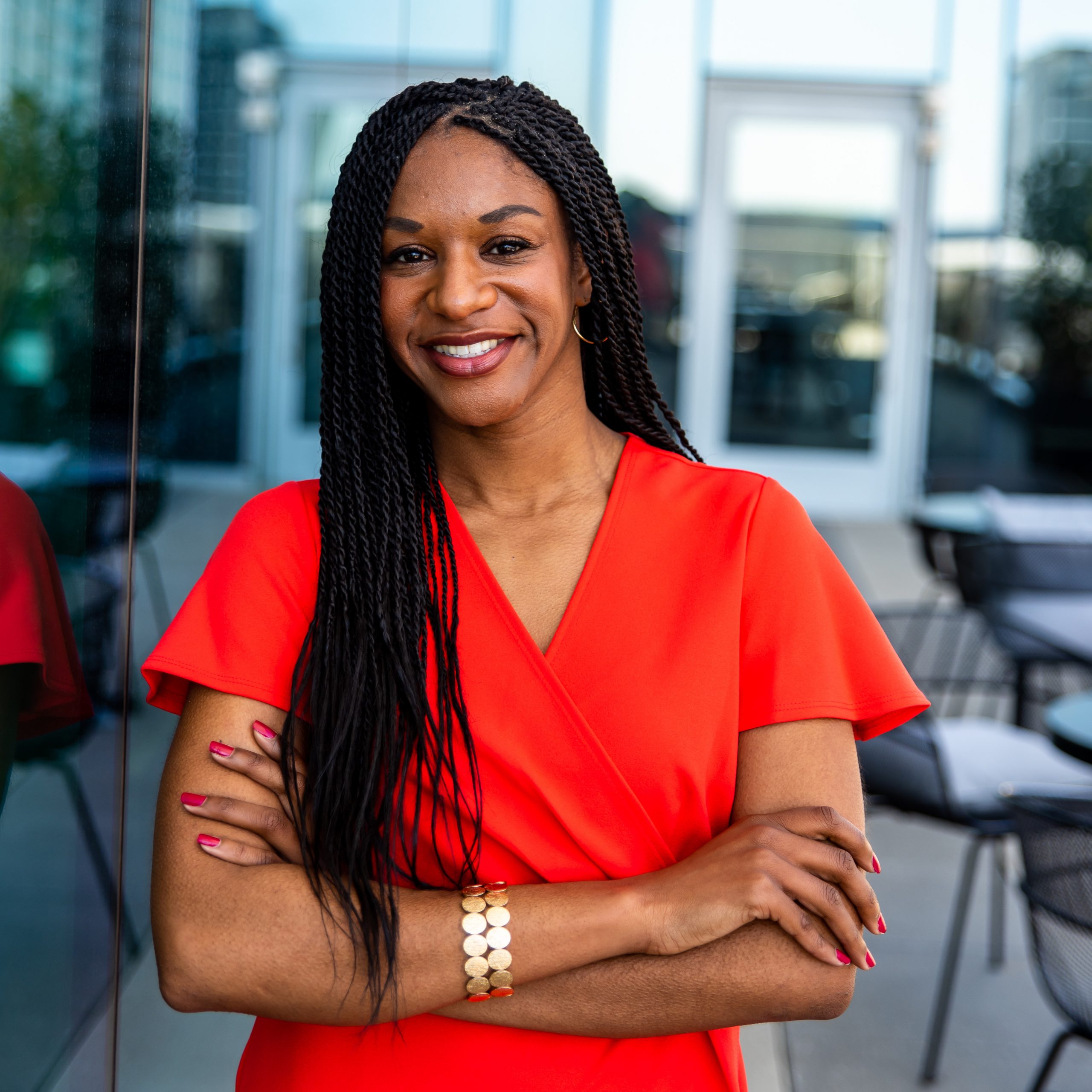
 Christine Edwards is a civic firebrand that has immersed herself in helping urban communities reach their highest levels of growth and success.
Christine Edwards is a civic firebrand that has immersed herself in helping urban communities reach their highest levels of growth and success.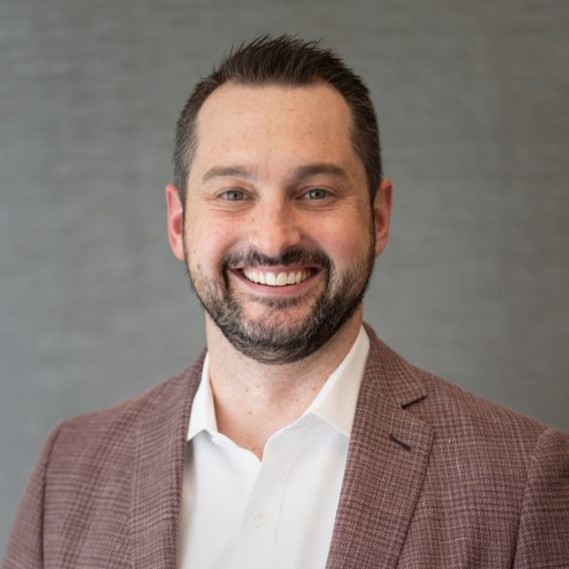

 Tim Stutz is the Chief Operating Officer at
Tim Stutz is the Chief Operating Officer at
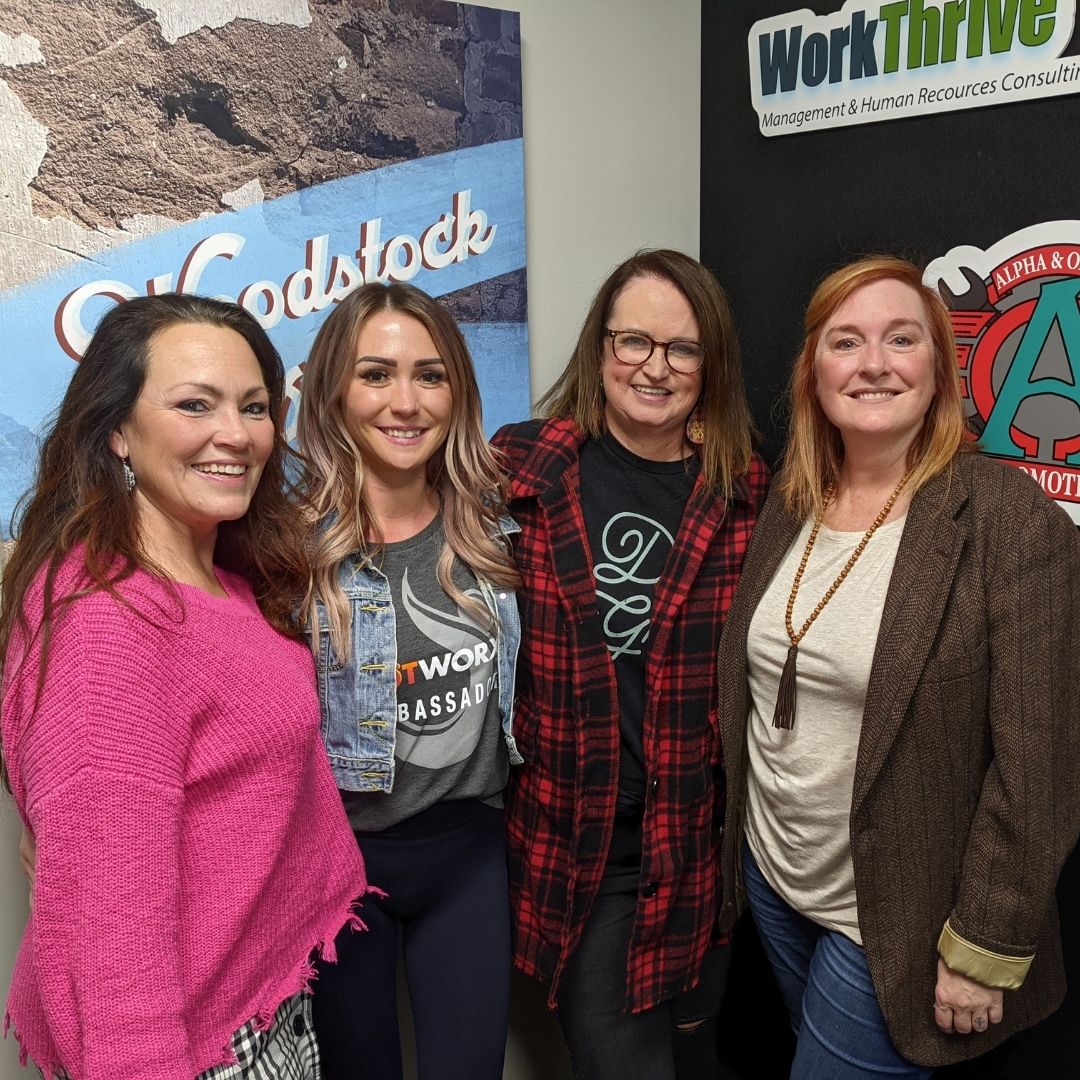
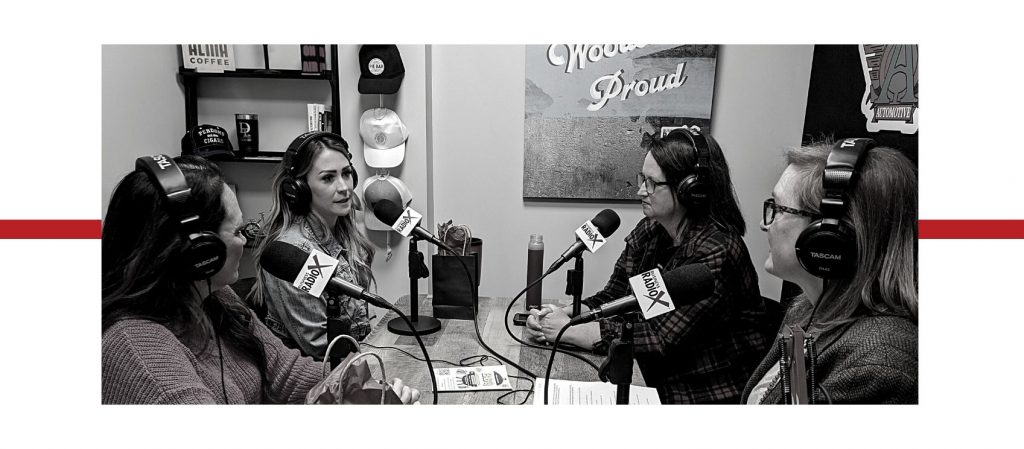

 Dr. Fahrenheit
Dr. Fahrenheit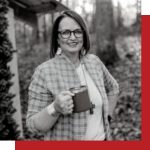 For years, Kim MacInnis suffered with swollen joints, ankle swelling and fluid accumulation, constant bouts of pleurisy, pneumonia and bronchitis, plantar fasciitis, lower pain, and prolonged and extreme fatigue. She finally has a rheumatologist connect the dots and tested and diagnosed her with Lupus about 10 years ago.
For years, Kim MacInnis suffered with swollen joints, ankle swelling and fluid accumulation, constant bouts of pleurisy, pneumonia and bronchitis, plantar fasciitis, lower pain, and prolonged and extreme fatigue. She finally has a rheumatologist connect the dots and tested and diagnosed her with Lupus about 10 years ago.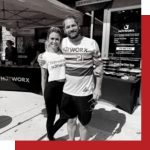 Morgan Stattuck From
Morgan Stattuck From 













